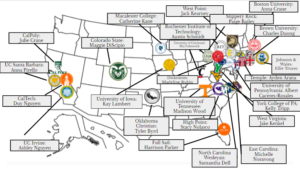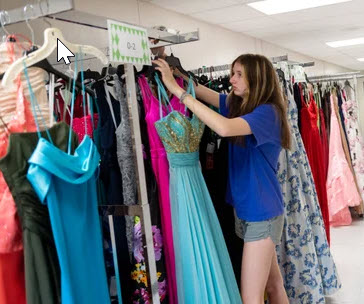Why Do We Need More Surveillance Cameras?
November 16, 2017
Surveillance cameras have been used for decades to provide an extra measure of safety and security in public communities. They have grown in popularity because they have proven to be easy to manage and useful in monitoring activities of the population. Installing an increased number of security cameras in public places has shown significant decreases in the rate of crime and has made it easier to convict perpetrators.
In wake of new terror attacks, the need for more security has become blaringly clear. Security cameras have been used for prior terrorist attacks such as the Boston Marathon Bombing, where a department store’s surveillance cameras helped to identify the culprits, and has provided invaluable information.
Other situations cameras and security cameras have helped are everyday crimes like vandalism.
The surveillance cameras can help in everyday crimes meaning petty theft, vandalism, and cars accidents in parking lots and public roadways. To prevent any of these things from happening in the first place, the installation of cameras would be a form of intimidation. If the act was already committed, it would be helpful to have footage of how to find the guilty people.
Although others may argue that the cameras would not be able to physically stop the crime, it can be used to find and hold people accountable for their actions. Nothing in this world can completely stop crime, but these cameras would lower the rates and organize essential evidence. Every year violent crimes are the cause for 1.6 million deaths all over the world. Installation of more cameras has resulted in a noticeable drop of those numbers and will continue to provide safety for our communities. Surveillance cameras have proved themselves to be useful time and time again. They may not be a perfect method of preserving safety, but they are a step in the right direction. Used from home security to traffic control, surveillance cameras have brought security to our lives and will continue to do so in the future.




